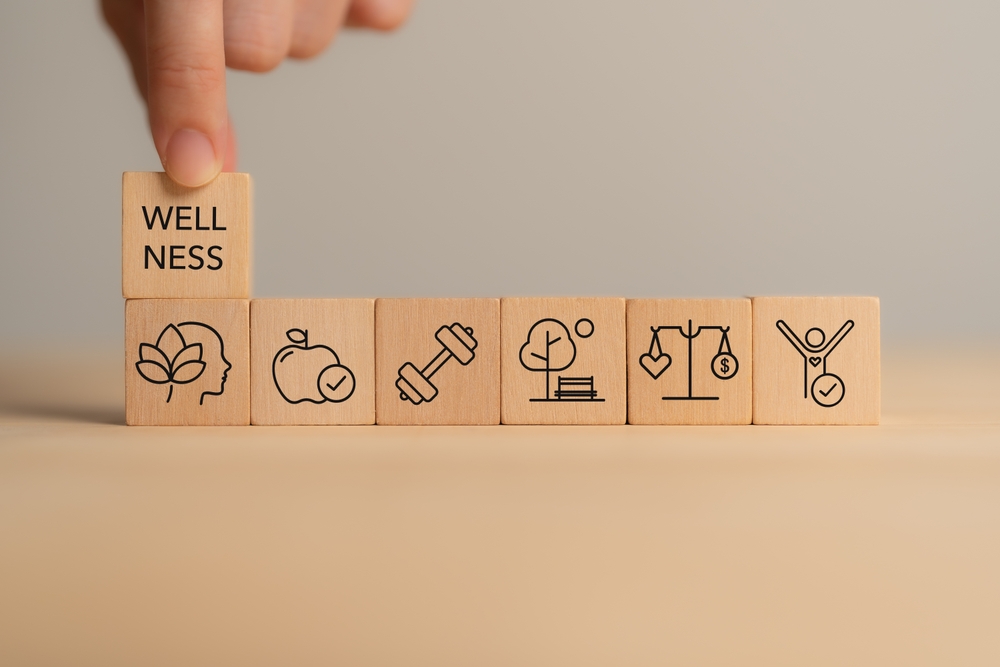The surprising connections between what you eat, when you eat, and how well you sleep at night.
We often think of sleep as a nighttime ritual, disconnected from our daily habits—but what we eat throughout the day can have a powerful impact on the quality of our rest. Emerging research shows that your diet directly influences sleep patterns, duration, and even how quickly you fall asleep.
How Food Affects Sleep
Certain foods can promote the production of melatonin and serotonin—two key hormones involved in regulating sleep. Others may increase alertness or lead to nighttime discomfort, disrupting your natural rhythms.
Foods That Promote Restful Sleep
- Complex carbohydrates: Whole grains, oats, and quinoa help the body absorb tryptophan, a precursor to melatonin.
- Magnesium-rich foods: Leafy greens, almonds, and bananas can improve sleep quality.
- Lean proteins: Turkey, chicken, and tofu support hormone production.
- Cherries & kiwi: Naturally rich in melatonin and antioxidants.
What to Avoid Before Bed
- Caffeine: Found in coffee, chocolate, and some teas—it can stay in your system for 6–8 hours.
- Heavy meals: Spicy, greasy, or high-fat foods can cause indigestion or acid reflux.
- Alcohol: May make you drowsy initially but disrupts deep sleep later in the night.
- Excess sugar: Can cause blood sugar fluctuations that interrupt sleep cycles.
Timing Matters
Eating too close to bedtime can confuse your internal clock and force your digestive system to keep working when it should be resting. Aim to finish your last meal 2–3 hours before going to bed for optimal digestion and hormone balance.
The Gut-Brain Connection
Your gut health plays a surprising role in sleep quality. A healthy microbiome supports the production of sleep-regulating neurotransmitters. Adding probiotics (like yogurt, kefir, or sauerkraut) to your diet may indirectly enhance your sleep patterns.
Conclusion
Good sleep doesn’t start at bedtime—it starts at your dinner table. By understanding how diet impacts rest, you can make small changes throughout the day that lead to deeper, more restorative sleep each night.
“Sleep and nutrition are deeply intertwined—nourishing your body is the first step to healing your sleep.” — Dr. Jeffrey A. Miller
